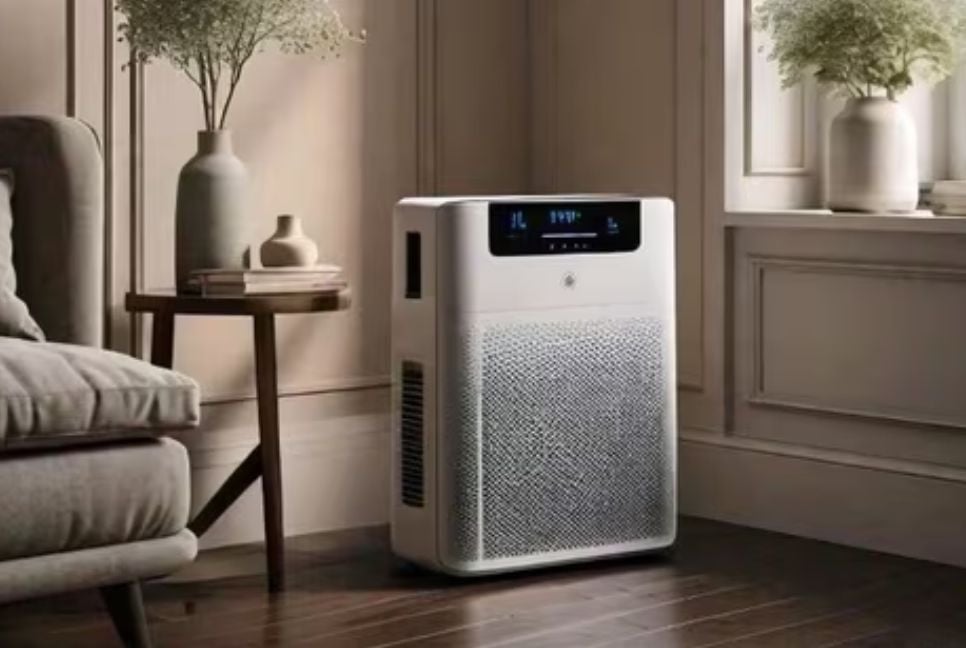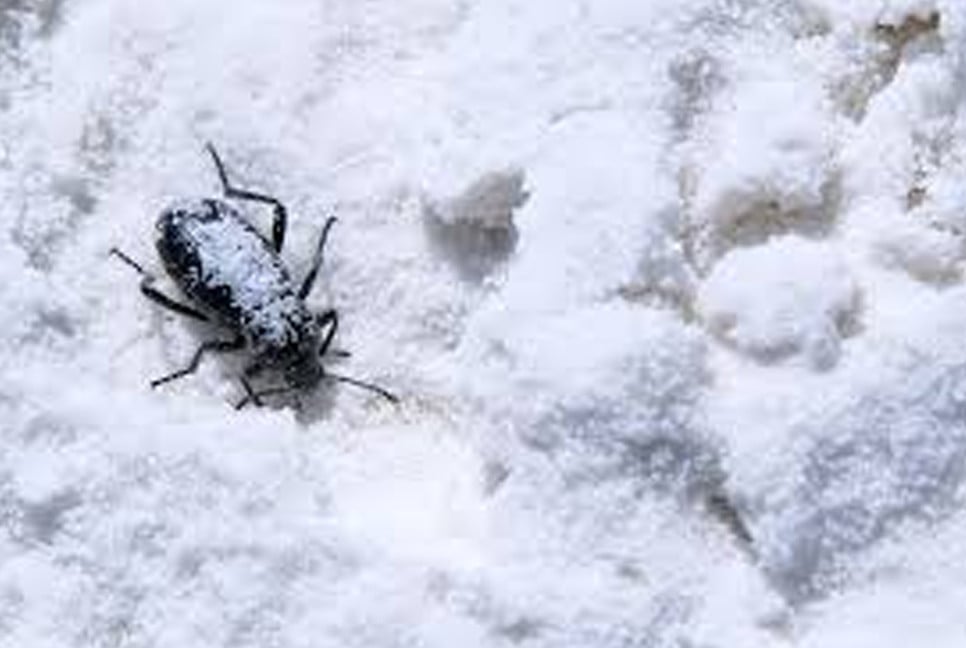The best air purifiers are becoming increasingly popular, as society becomes more aware of the connection between indoor air quality issues and health issues. Having said, you shouldn't assume that an air purifier can help with every single air problem.
These devices are designed to remove various contaminants from the air, but they won't remove every single particle from your home environment. And there are some types of air purifiers that are more effective than others, reports Yahoo.
Mold
Mold produces tiny spores that reproduce, float in the air and can trigger allergies and cause respiratory problems when breathed in. Air purifiers with HEPA filters can help remove some of these spores and can help reduce mold-related odors.
However, an air purifier can help reduce the impact of a mold problem, but it can't stop it from happening, or continuing.
Allergies
Air purifiers can be beneficial for allergy sufferers by removing common airborne allergens such as pollen, pet dander and dust mites from the air around you. It can help reduce allergic rhinitis symptoms in both adults and children.
However, while air purifiers can help reduce airborne allergens, they need to be used in conjunction with other allergy management strategies, such as regular cleaning and avoiding known triggers.
Dust
Air purifiers can be effective in reducing dust in your home. Dust particles vary in size, but many are large enough to be captured by standard air purifier filters. HEPA (High-Efficiency Particulate Air) filters are particularly effective at capturing dust particles. This type of filter is designed to remove 99.97% of particles as small as 0.3 microns in diameter.
Many air purifiers also include pre-filters that capture larger dust particles before they reach the main filter, extending the life of the HEPA filter.
Smoke
Air purifiers can be effective in reducing smoke particles and odors, whether from wildfires, tobacco or cooking. However, the effectiveness depends on the type of filtration system.
HEPA filters can capture the fine particles found in smoke, which can be as small as 0.1 microns. It's good if these are complemented by activated carbon filters, which can absorb smoke odours and some of the volatile organic compounds (VOCs) found in smoke.
Some newer, advanced air purifiers use photoelectrochemical oxidation (PECO) filters, which this study by Florida University found to be effective against smoke particles and VOCs.
Dog hair
Air purifiers with HEPA filters can help with the smaller particles associated with pets, such as dander and some of the finer fur, but they're not primarily designed to deal with larger pet hair. This is why some models come with pre-filters, which can capture larger pet hair before it reaches the main filter.
If you have pets, look for air purifiers with washable pre-filters for easy removal of pet hair and, ideally, activated carbon filters to deal with pet odors.
Smells
Air purifiers reduce many types of odors, but their success depends largely on the type of filtration system used. Activated carbon filters, which work by absorbing odor-causing molecules, are the most effective. Other filters that can help include those based on zeolite, a mineral that can trap odor molecules and photocatalytic oxidation filters.
Finally, it's worth pointing out the obvious; the air purifiers will work best when combined with efforts to eliminate the original source of the smell.
Bd-pratidin English/Fariha Nowshin Chinika



































































